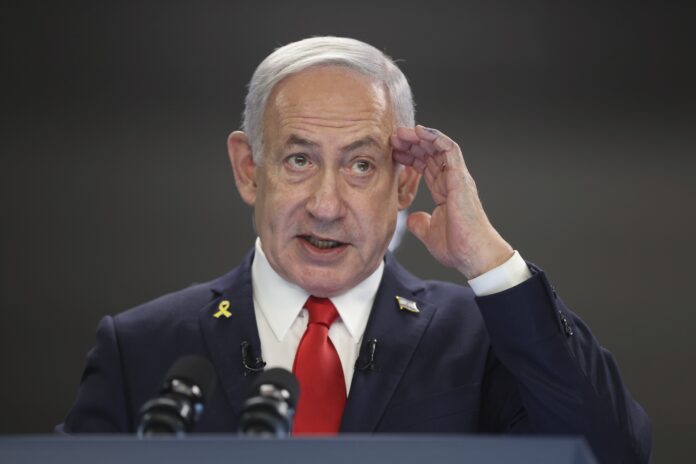- Benjamin Netanyahu plans to take full control of Gaza City to end the conflict and dismantle Hamas.
- He claims the goal is to “free Gaza” with demilitarization and a civilian administration.
- The plan has triggered international warnings about worsening humanitarian crises and regional instability.
In a stark and unwavering statement, Israeli Prime Minister Benjamin Netanyahu has put forward his plan to seize control of Gaza City as the “best way to end the war” gripping the region. This announcement marks a significant escalation in the already intense conflict between Israel and Hamas, sparking a whirlwind of reactions both within Israel and across the globe.
Netanyahu’s vision is clear: while Israeli forces currently control around 75% of the Gaza Strip, Gaza City and several central refugee camps remain under Hamas control, serving as the last strongholds of militant resistance. He describes these pockets as the heart of the problem and insists that extending Israeli authority over Gaza City is essential to dismantling Hamas’ grip and restoring security.
“Our goal is not to occupy Gaza indefinitely,” Netanyahu emphasized, seeking to ease fears of a prolonged military presence. “Our objective is to free Gaza—and we intend to do this swiftly.” This, he says, will involve demilitarizing the area and installing a civilian administration that is not Israeli, all under the overriding security control of the Israeli military.
The Rationale Behind the Expansion
Netanyahu points to the brutal attack launched by Hamas on October 7, 2023, as justification for his hardline approach. The assault shocked Israel and the world, leading to a fierce military retaliation. To prevent such attacks from happening again, the prime minister argues, Israel must establish a “security zone” along Gaza’s border and take control of Gaza City, eliminating the militants’ last bastion.
This move, Netanyahu insists, is not about conquest but about ending a devastating conflict that has caused immense loss and suffering. “We want to end the war in a way that guarantees Israel’s security for years to come,” he stated firmly.
Global Reactions: A Divided World
While Netanyahu’s supporters within Israel and some allies may back the plan as a necessary step toward peace and safety, many international voices have responded with alarm and skepticism. Humanitarian organizations warn that an expansion into Gaza City could lead to massive civilian displacement, greater casualties, and a deepening humanitarian crisis.
The United Nations Security Council, for example, quickly convened an emergency session to discuss the repercussions of this strategy. Officials warned that a full takeover of Gaza City risks igniting “another calamity,” one that would reverberate far beyond Gaza’s borders and inflict new wounds on an already fragile region.
The Challenge Ahead
Netanyahu’s Gaza City expansion plan represents a bold and risky gamble. It confronts the harsh reality of decades-long conflict and aims to deliver what the prime minister calls a definitive solution. Yet, it also carries the heavy burden of potential humanitarian fallout and international condemnation.
As the plan unfolds, Netanyahu faces the difficult task of balancing Israel’s security needs with the urgent call for peace and compassion. The world watches, divided and anxious, as Gaza braces for what could be a pivotal chapter in one of the most intractable conflicts of our time.




